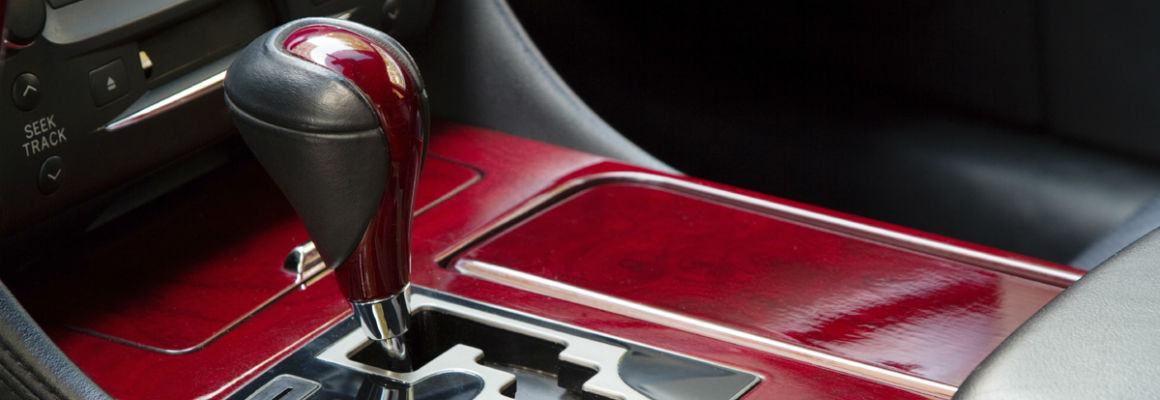Top Eight Bad Driving Habits
It’s fair to say we all want our cars to stay reliable for as long as possible. Yet surprisingly, some people don’t give their cars the proper care and attention. Over time, this neglect not only hurts the car, it can knock years off its reliability too. Here are eight common habits to avoid for the good of your motor.
Driving on under-inflated tyres
Be honest, do you check your tyre pressure regularly? It’s generally recommended to check them at least once a month. Under-inflated tyres wear out more quickly... and new tyres are expensive! But that’s not all. Under-inflated tyres can make your car less stable and harder to steer. Plus, your engine must work harder to get the car moving and up to speed – so you end up using more fuel. Not sure what your tyre pressure should be? Check your car’s handbook or have a look on the tyres themselves for the optimum pressure.

Resting your hand on the gearstick
It can be tempting to rest your hand on the gearstick when not changing gears. Yet, by repeatedly doing this over a long period of time, you could be hurting your gearbox.
The gear lever’s job is to move a selector fork, which pushes a rotating collar into the gear you’ve selected. These selector forks are designed to only make contact with gears for a short amount of time. So, when resting your hand on the gearstick, you are applying unnecessary pressure on the selector fork against the rotating collar. This force could eventually wear the fork out.
Resting foot on the clutch pedal
Similar to resting your hand on the gearstick, if you constantly keep your foot on the clutch, you could be damaging the pedal and its efficiency – even more so if your car has a high bite point.
Riding the pressure plate against the release bearing, will press onto the clutch. This will cause the clutch disc to overheat and wear away. And a new clutch will make quite a dent in your pocket!
Running on empty
Are you one of those people who wait till the very last minute to fill up with fuel? If the answer is yes, you could be damaging your car. The lower your fuel level, the more dirt and debris gets picked up from the bottom of the tank. That’s not good for either the fuel filter or the catalytic converter. A useful rule of thumb is to top up when your tank drops to around a quarter full.
Braking heavily and quickly
There are times you will need to brake suddenly in an emergency, however if you’re always pressing hard on the brakes because you’re driving too close to the car in front you need to back off.
Not only is it hugely unsafe but sudden stops could be causing serious damage to your car’s brake pads. There’s also a chance that you could be causing your brake discs to overheat and lose efficiency. You can avoid braking heavily by anticipating slowing down traffic and easing off the accelerator.
Driving in too high a gear
If you are accelerating in too high a gear – also known as ‘lugging’ – you may be making your engine work harder and putting extra strain on the motor. This can lead to blown cylinder heads, followed by costly repairs.
Instead, change down a gear and allow the revs to rise before changing up. You’ll notice that will be particularly helpful if you’re carrying heavy loads or climbing hills.
Changing gear from reverse to first too quickly
Have you ever put your car into first gear, while still reversing? It will shudder forwards disagreeably. As you might imagine, that’s not very good for your car. The sudden change in direction puts undue pressure on the transmission. You might get away with it initially but do it over and over again and you may find yourself looking at a serious – and expensive – repair job.
Using the wrong oil
Oil is vital for your engine. It keeps everything moving smoothly. What some people don’t realise is that engine oil comes in different viscosities. In other words, some oil is thicker than others. It’s important you put the oil that’s right for your car in your engine, otherwise you can run into problems. For example, thinner oil provides less lubrication, which in turn can increase the risk of wear and tear. So rather than opting for an engine oil because it’s on offer in the garage, go for one that’s recommended in your car’s handbook.